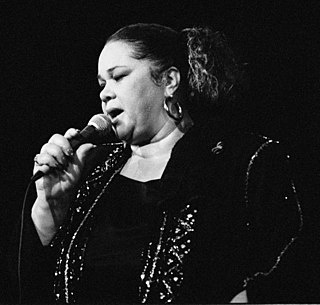A Quote by Etta James
Most of the songs I sing, they have that blue feeling to it. They have that sorry feeling. And I don't know what I'm sorry about.
Related Quotes
Hello, darling. Sorry about that. Sorry about the bony elbows, sorry we lived here, sorry about the scene at the bottom of the stairwell and how I ruined everything by saying it out loud. Especially that, but I should have known. You see, I take the parts that I remember and stitch them back together to make a creature that will do what I say or love me back.
Sorry means you feel the pulse of other people's pain as well as your own, and saying it means you take a share of it. And so it binds us together, makes us trodden and sodden as one another. Sorry is a lot of things. It's a hole refilled. A debt repaid. Sorry is the wake of misdeed. It's the crippling ripple of consequence. Sorry is sadness, just as knowing is sadness. Sorry is sometimes self-pity. But Sorry, really, is not about you. It's theirs to take or leave.
What? What am I 'bound to be feeling?' People don’t think anymore. They feel. 'How are you feeling? No, I don’t feel comfortable. I’m sorry, we as a group we’re feeling….' One of the great problems of our age is that we are governed by people who care more about feelings than they do about thoughts and ideas. Thoughts and ideas. That interests me. Ask me what I’m thinking.
The feeling ("sens", Fr.) of solidarity that is born amidst a community rest on the feeling of antagonism arouse (aroused ? arose ?... sorry, - "suscité", Fr.) by those who are opposed to it. Most of the time we only adhere to a party or a group, in order to better (or more, - "pour mieux se", Fr.) differentiate ourselves of another.



































